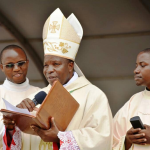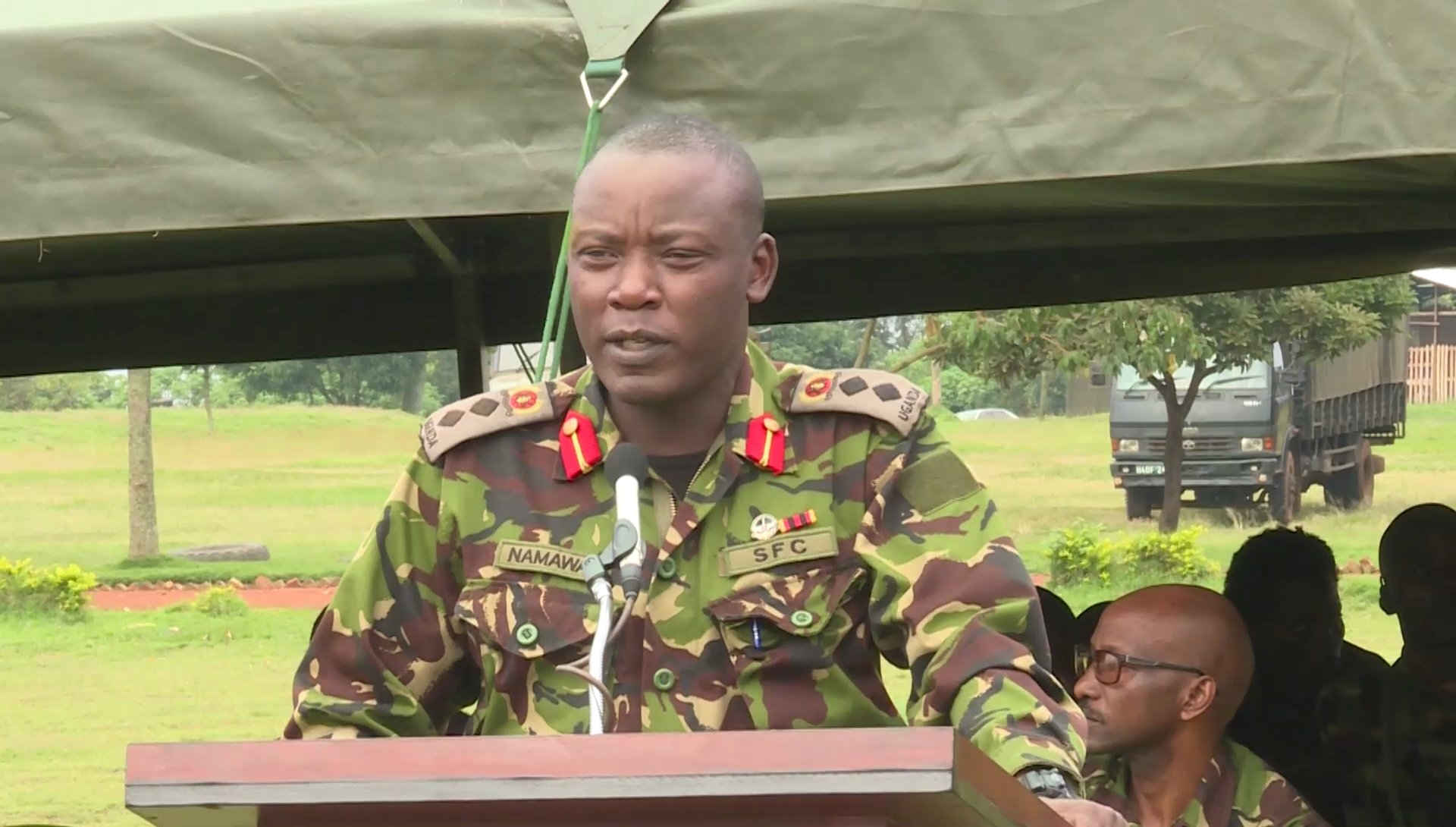Information from the Ministry of Foreign Affairs reveals that Ugandan diplomats are among the lowest-paid and worst-facilitated globally. Ambassador Harold Acemah, who retired in 2007 after 37 years in the Foreign Service, acknowledges improvements in pay and conditions but emphasizes the need for more.
Representing Uganda abroad is often perceived as a well-paying job, but the reality is starkly different. Many envoys face challenges, including separation from their families due to insufficient salaries and living allowances. Ambassador Acemah notes that this issue is not unique to Uganda but a widespread challenge across African nations.
Comparing salaries, a Ugandan envoy states that Foreign Service Officers from smaller countries like Burundi earn twice as much as Ugandan diplomats. Despite being the world’s poorest country, Burundi’s diplomats reportedly receive better pay.
Salary and Allowances Overview:
Foreign Service Officers fall under Salary Scale U1E, earning between Shs1,624,934 and Shs1,690,781 per month. Heads of missions receive a basic net salary of Shs1,390,000 monthly. This places diplomats behind various public servants, including Assistant Commissioners and Principal Officers, in terms of earnings.
While diplomats receive allowances, including Foreign Service Allowance (FSA) and representation allowances, the actual purchasing power may be limited, especially in cities with high living costs.
Allowances Details:
- Married heads of missions in Category A countries receive FSA of $4,823 per month, while unmarried colleagues get $4,193.
- Married heads of missions in Category B countries receive FSA of $3,854.27, and unmarried counterparts get $3,418.
Families and Education Challenges:
Diplomats’ families face financial strain, with children’s education allowances often insufficient for quality education abroad. The situation leads many diplomats to let their children study in Uganda.
Spouses of diplomats often cannot work in host countries, causing family bonds to suffer, leading to marital issues and, at times, divorce. The government provides one-off children’s allowances and air tickets for up to four children, but these allowances may not cover the high costs of international education.
The Ministerial Policy Statement for FY2022/2023 acknowledges inadequate allowances, impacting the ability of foreign service officers to cope with living costs abroad.
Efforts and Hope for Improvement:
The Permanent Secretary in the Ministry of Foreign Affairs, Vincent Bagiire, acknowledges the challenges and mentions that efforts have been made before Parliament and the Ministry of Finance to secure adequate resources. Ambassador Acemah emphasizes that more can be done, while Minister Chris Baryomunsi cites resource constraints.




















